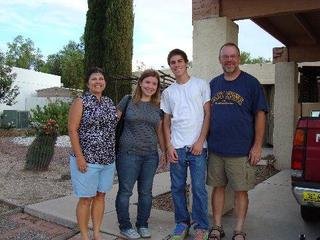I recommend reading the article below and following the links to watch the videos. In many ways, I think that this really is no big change in approach for Willow. When Bill talks about personalized spiritual develop plans, it still seems like he is being driven by a business plan and not led by the Spirit.
Spiritual formation only happens in community. And it happens almost by accident sometimes. As the people of God do the work of God and seek the face of God all by the Spirit of God, spiritual formation happens. Sanctification (as Wesley would have put it) happens.
You can do things to put yourself in a place for God to work. You can throw open windows in your life to let in the grace of God, but YOU CAN'T PROGRAM SPIRITUAL FORMATION.
Happy Reading!
Intentionality, Practice, and Vitality
Posted: 29 Oct 2007 08:34 PM CDT
As you’ve probably already heard, Willow Creek Community Church “repented” recently, with founding pastor Bill Hybels himself admitting, “We made a mistake. What we should have done when people crossed the line of faith and became Christians, we should have started telling people and teaching people that they have to take responsibility to become ‘self-feeders.’ We should have gotten people, taught people, how to read their Bible between service, how to do the spiritual practices much more aggressively on their own.”
There’s been plenty of reaction in the blogosphere.
Writing today on the Alban Institute website, Diana Butler Bass says, “Notice what Hybels says is missing: intentionality, practice, and vitality.”
Bass says these are the same three points confirmed by her 2004 research on mainline churches which found: “Congregations that intentionally engage Christian practices are congregations that experience new vitality” (The Practicing Congregation, Alban Institute).
She explains, “Intentionality involves choice and taking responsibility for individual and communal spirituality; ... practice is not a program, rather it is a meaningful way of life; and … vitality cannot be measured in terms of numbers as it means spiritual health and maturity. A vital congregation is one where all people—including the pastor—are growing members of an organic community of spiritual practice..”


